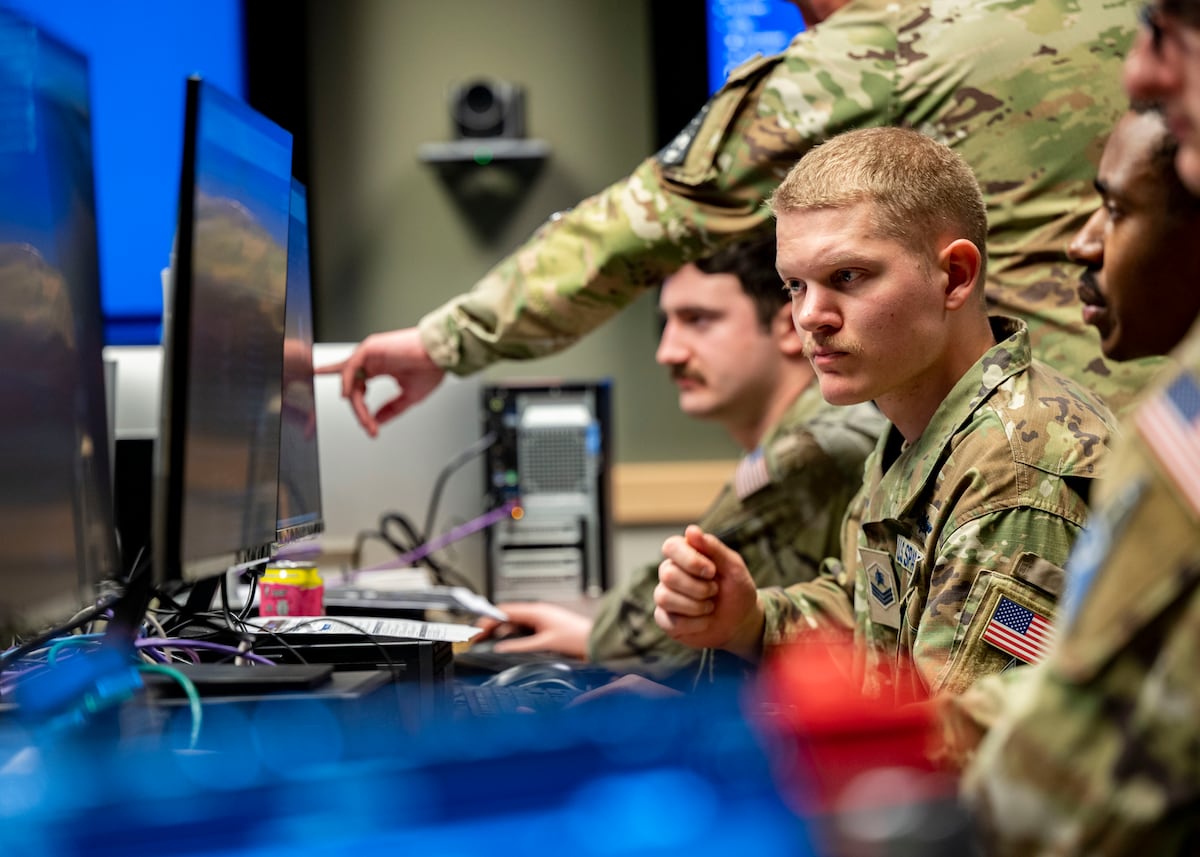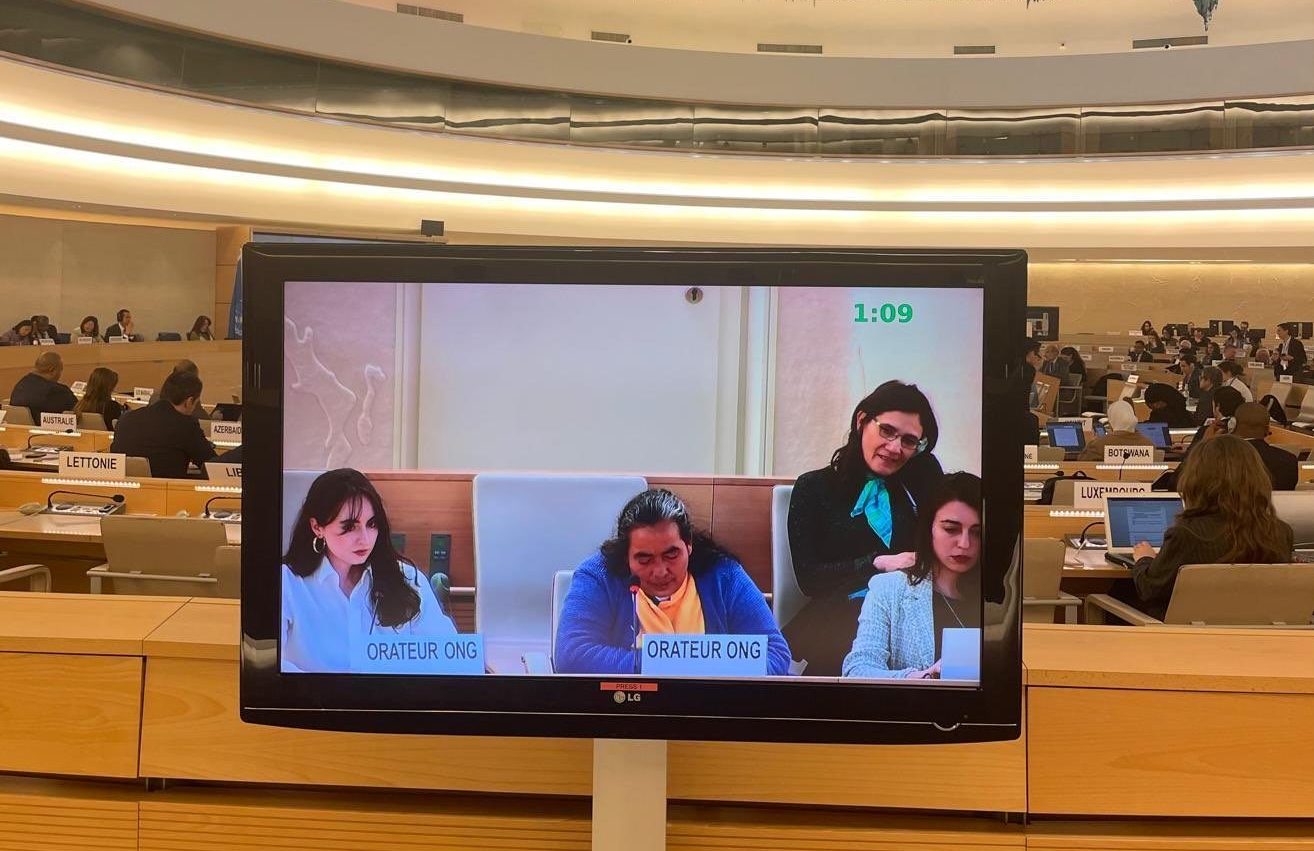Education Reimagined: Türkiye's Bold New Academic Year Puts Families and Planet First

As the new academic year dawns, the Turkish National Education Ministry has set an ambitious tone for 2025-2026. Minister Yusuf Tekin unveiled an innovative approach that places unprecedented emphasis on strengthening family connections and educational excellence.
The academic year officially commenced on September 1st, marking a pivotal moment for students, educators, and families across the nation. Minister Tekin's strategic vision aims to bridge the gap between classroom learning and family support, recognizing the critical role that familial engagement plays in student success.
By prioritizing both educational quality and family involvement, the Ministry of National Education seeks to create a more holistic and supportive learning environment. This approach reflects a forward-thinking strategy that acknowledges the interconnected nature of academic achievement and family dynamics.
As students return to classrooms and embark on their educational journeys, the ministry's new focus promises to transform traditional educational paradigms and create more meaningful learning experiences.








